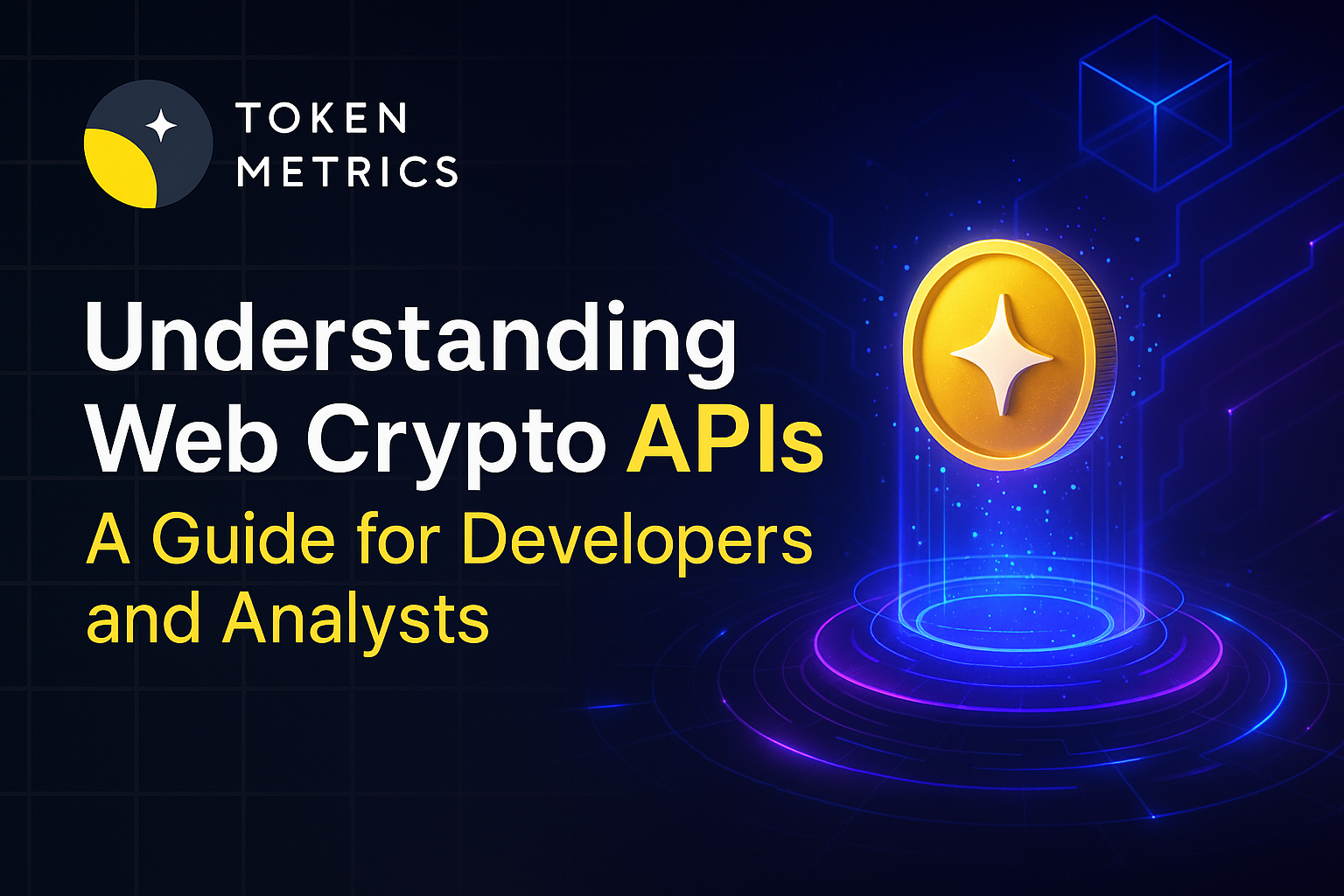Ledger Cold Wallet Review - Features, Pricing and Alternatives

In an age where digital assets are becoming increasingly popular, securing these assets becomes a top priority. A key solution to this challenge is the use of cold wallets, specifically hardware wallets, to ensure the safety of our digital treasures.
But, what a cold wallet is? In the crypto space, a cold wallet refers to any cryptocurrency wallet that is not connected to the internet. Its primary purpose is to provide a security layer against online threats and unauthorized access.
One of the pioneers and leaders in this space is Ledger. In this comprehensive review, we delve into the features, pricing, and alternatives to the Ledger cold wallet.
What is a Ledger Wallet?
The Ledger Wallet is a hardware device specially designed to offer unparalleled security for cryptocurrency enthusiasts.
Unlike online or software wallets, which are always connected to the internet and thus vulnerable to cyber threats, Ledger Wallets function offline, safeguarding users' private keys in an isolated environment.
Crafted with a blend of state-of-the-art technology and user-friendly interfaces, these wallets empower users to store, manage, and transact digital assets with peace of mind.
Given the surge in digital currency adoption, Ledger Wallets are a testament to the evolving need for both accessibility and paramount security in the crypto domain.
Key Features of Ledger Wallet
Security -
- Physical Protection: Ledger wallets, such as the Ledger Nano S Plus and Nano X, come with a secure chip, similar to what's found in passports and payment cards.
- Private Key Isolation: Your private keys never leave the device, ensuring they aren't exposed to online vulnerabilities.
- PIN Protection: A personalized PIN code ensures that even if someone steals your Ledger, they can't access its content without the PIN.
Multi-Currency Support - Ledger supports over 1,500 cryptocurrencies. This vast range ensures that both popular and less known coins can be securely stored.
User-Friendly Interface - Ledger Live, the accompanying software, provides a clear and intuitive interface, simplifying the management of your crypto assets.
Backup & Restoration - Each Ledger device offers a recovery phrase, allowing you to restore your assets if you lose the device.
Portability - Ledger devices are compact and can be easily carried around, ensuring your assets are always within reach.
How Ledger Wallet Works?
The Ledger Wallet operates as a physical barrier between your cryptocurrencies and potential online threats.
When a transaction is initiated, the wallet's internal secure chip generates a cryptographic operation, keeping the private keys isolated and never exposing them to the internet.
To confirm a transaction, users interact directly with the Ledger device, ensuring an added layer of manual verification.
Moreover, with the accompanying Ledger Live software, users can seamlessly manage their assets, track portfolios, and execute transactions.
In essence, the Ledger Wallet acts as a secure bridge, allowing users to engage with the digital world while keeping their assets offline and safeguarded.
Ledger Wallets Price
The Ledger Nano S Plus, a staple in the crypto community, is a tried-and-tested model. Recognized for its reliability, it is currently available at a competitive price of around $79.
On the other hand, the Ledger Nano X, the brand's latest offering, boasts advanced features. Beyond its core security functions, it introduces wireless connectivity through Bluetooth.
This enhancement, combined with its modern design, justifies its price tag of approximately $149. Both models underscore Ledger's commitment to providing top-tier crypto protection solutions at varying price points.
Ledger Support
One of the standout features of Ledger is its dedicated customer support. With a rapidly expanding user base, Ledger remains committed to ensuring that every user query is addressed promptly.
Their extensive online knowledge base, complete with tutorials and FAQs, equips users to troubleshoot common issues. Additionally, for more specific concerns, Ledger's support team is readily accessible via email.
Their professionalism and responsiveness have cemented Ledger's reputation not only as a secure wallet provider but also as a company that genuinely values its users' experience.
Pros and Cons of Ledger Wallet
Let's break down its strengths and areas where it might fall short:
Pros
- Robust Security - With a dedicated secure chip, Ledger wallets ensure that private keys remain isolated from online threats.
- Multi-Currency Support - Ledger supports a vast array of cryptocurrencies, catering to both mainstream and niche coin holders.
- User-Friendly Interface - The associated Ledger Live software offers an intuitive experience, making asset management straightforward even for beginners.
- Durability - Designed with top-tier materials, Ledger devices promise longevity and resistance to wear and tear.
- Portable Design - Compact in size, Ledger wallets can be conveniently carried, making them perfect for users on the go.
Cons
- Price - For some, the cost of Ledger devices, especially the advanced models, might be a deterrent compared to other wallet options.
- Learning Curve - While user-friendly, newcomers to the crypto sphere might need some time to familiarize themselves with the device's functionalities.
- Bluetooth Concerns - Some users have voiced reservations about the Bluetooth feature in Ledger Nano X, citing potential security risks, though the company ensures the feature's safety.
Top Alternatives to Ledger Wallet
While Ledger has made a name for itself, there are other notable competitors in the market:
Trezor - A well-known brand, Trezor offers two models - Trezor One and Trezor Model T. Both provide strong security features and multi-currency support.
Prices range from $69 to $219 depending on the model and features.
Also Check - Trezor Wallet Latest Offerings
KeepKey - Priced at around $49, it's a reliable and user-friendly device, though it supports fewer cryptocurrencies than Ledger or Trezor.
Frequently Asked Questions
Q1. How often does Ledger release firmware updates for its devices?
Ledger regularly rolls out firmware updates to enhance device security and add new features. Users are advised to periodically check and update to the latest version.
Q2. Can I use the Ledger Wallet on multiple computers?
Yes, the Ledger Wallet can be connected to and used on different computers. Your assets remain safe, thanks to the device's secure design.
Q3. What happens if I lose my Ledger Wallet?
If lost or stolen, your assets remain protected due to the PIN security. It's vital, however, to have your recovery phrase securely stored, which can be used to restore your assets on a new device.
Q4. Is there a mobile app for Ledger?
Yes, Ledger Live has a mobile version available for both Android and iOS, offering users flexibility in managing their assets on the go.
Q5. Can Ledger wallets interact with decentralized applications (DApps)?
Absolutely! Ledger devices can connect to various DApps using compatible software like MetaMask or MyEtherWallet.
Q6. Do Ledger Wallets require battery charging?
The Ledger Nano S doesn't have a battery; it's powered through its USB connection. The Ledger Nano X, however, comes with a built-in battery that requires charging.
Q7. Is Ledger compatible with other wallet software?
Yes, besides Ledger Live, Ledger devices can integrate with a variety of third-party wallet software, providing users with flexibility in managing their digital assets.
Conclusion: Is Ledger Wallet Right for You?
When it comes to securing your digital assets, hardware wallets, or cold wallets, are among the best choices. Ledger stands out with its robust security features and diverse currency support.
Yet, the crypto landscape is vast and varied, and one size doesn't fit all. While Ledger's holistic approach caters to many, alternatives like Trezor or KeepKey might align better with specific needs.
The crux is personalized research: understanding one's crypto portfolio, weighing security against usability, and considering future digital investments.
It's not just about picking a hardware wallet; it's about choosing the right guardian for your digital treasures. Remember, in crypto, knowledge and security go hand in hand.
Disclaimer
The information provided on this website does not constitute investment advice, financial advice, trading advice, or any other sort of advice and you should not treat any of the website's content as such.
Token Metrics does not recommend that any cryptocurrency should be bought, sold, or held by you. Do conduct your own due diligence and consult your financial advisor before making any investment decisions.
Create Your Free Token Metrics Account

.png)




%201.svg)
%201.svg)


%201.svg)










.svg)




.png)